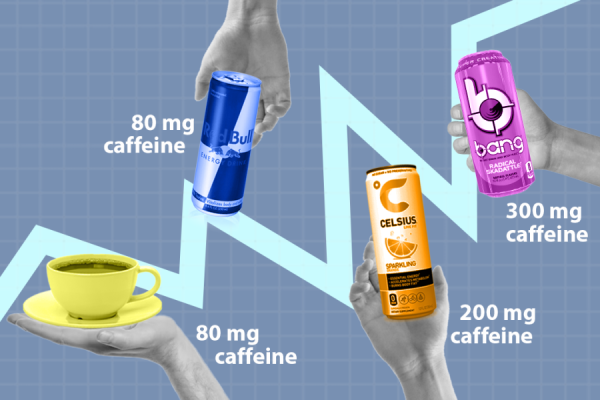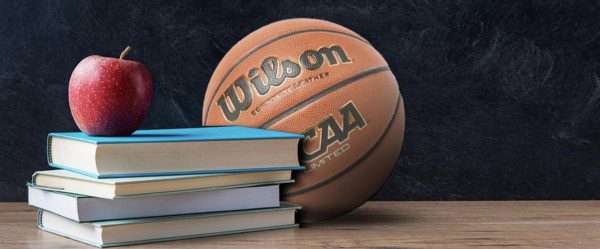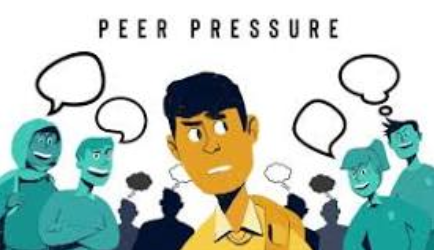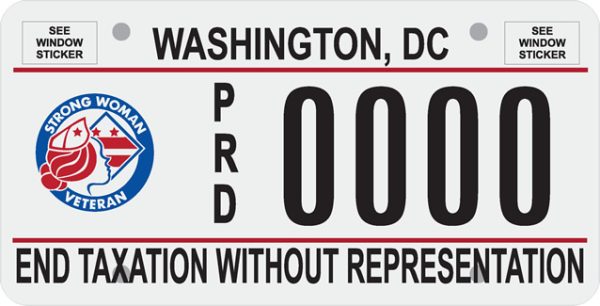College Athletes Should Be Paid
February 27, 2020
College is hard enough as it is for regular people.
College athletes need to figure out a way to balance their schoolwork and their sport. The college athletes work as much as the professionals do but they get the bad part of the bargain.
It is also not like everyone that plays college sports will just make the league.
According to the NCAA, only two percent of division one athletes make it to the professional leagues of their sport. Division 1 schools range around 20-200 million dollars made off their sports programs.
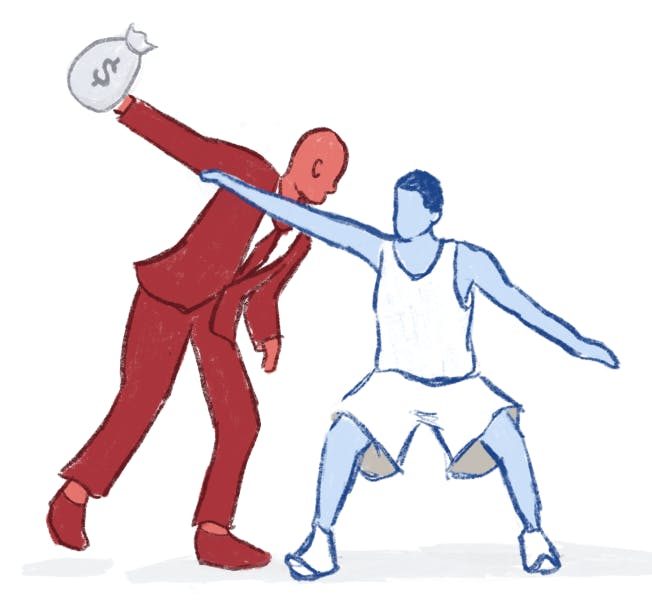 My proposal is how much money that sports teams bring in is the salary cap for the team. The coach of the team would then decide how much each player gets paid depending on how important they are to the team. It does not have to be an enormous amount of money, it just has to be enough for them to get through college.
My proposal is how much money that sports teams bring in is the salary cap for the team. The coach of the team would then decide how much each player gets paid depending on how important they are to the team. It does not have to be an enormous amount of money, it just has to be enough for them to get through college.
Another thing is for some sports, you can not even spend time with your family over the holidays. Take football for example. If you are on a good college football team you have to practice and prepare for the bowls game, with some over Christmas season and the New Years’ break. Most professionals do not have to do that, but you are making kids do that and they are not even getting paid for it.
Also, athletic careers are very short so they need to make as much money as possible throughout their career.
Injuries are a part of sports, and can easily end someone’s career quicker than they ever expected. It has happened a million times where athletes had to retire early because of injuries.
What would happen if that happened to a kid that was in college? He dedicated his life to a sport just to get an injury that is severe and is the reason they do not get drafted.
He would be screwed because when you are a top prospect in your sport, you usually do not have a backup plan. You go to college to get to the league. You do not really focus on school that much for that reason, and you are just left out to dry.
Take Stanley Doughty for example. He was an outstanding lineman for the University of South Carolina and signed a two year deal with the Kansas City Cheifs just to find out at mandatory testing that he had a cervical spine injury and was not able to live out his dream.
NCAA, your move.








